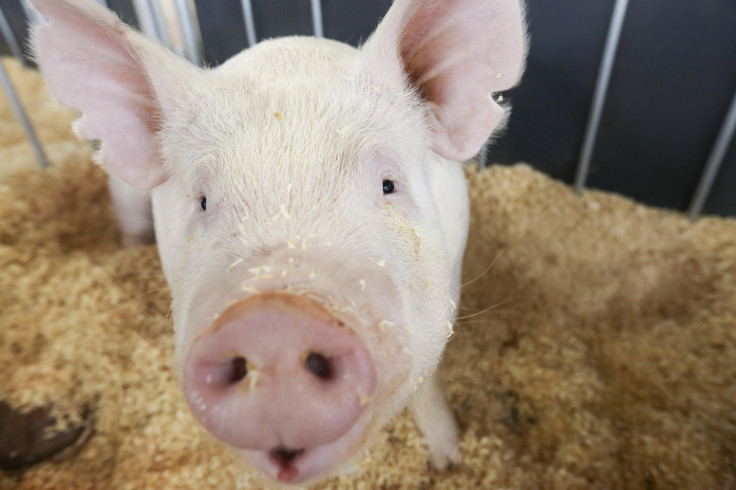Biotech company tweaks pigs to grow transplantable human organs

According to a recent report, pig organs are being developed by a biotech company to be used in human transplant. A biotech company has been investigating ways to grow pigs with genetically engineered organs that might work in sick people and to provide unlimited supply of transplantable organs.
United Therapeutics has been using pigs as the most logical choice to harvest organs from other species as it is an animal easy to reproduce, and its organs are the right size for humans. Researchers from Revivcor, a division of the company, have found some initial success in four years of research in pigs’ biology for use in xenotransplantation or transplants between species.
In 2003, Revivcor co-founder David Ayares found a way to control a type of sugar in the pigs that normally lines their blood vessels. The molecule was discovered to be the major cause of immediate rejection of human’s immune system to the transplanted pig organs.
In the past, doctors attempted to put animal hearts and livers in people, but the procedures did not go well as patients died and most of the doctors were charged with murder. In one case, a California newborn known as “Baby Fae” received a baboon heart in 1984 and eventually died. In another case, a woman received a pig liver in 1992 but died within 34 hours. Four years later, a person from India died after receiving a pig heart. It was the last time a doctor conducted the same procedure to humans.
To date, the same team with Ayares have been still developing methods to put more human genes in pigs and get them to work in an effort to combat the negative response of the human recipients.
A study published by the scientists in June shows a baboon has survived for 945 days after a pig-heart transplant. The paper also reported the longest-ever kidney swap between the species that lasted for 136 days.
The latest experiments used “humanised” organs from pigs with as many as five human genes. The next organ to be transplanted will be pig lungs, according to the report. But scientists said the procedure will be more difficult than heart and liver transplants. Lungs have a greater amount of blood vessels and are more heavily influenced by the immune system, plus the research will be expensive.
The biotech company is still funding the project with hopes of creating “an unlimited supply of transplantable organs,” said United Therapeutics founder and co-CEO Martine Rothblatt. Every 10 minutes, people are added in the waiting list for an organ transplant, and an average of 22 people die each day waiting for transplants that can't take place because of the shortage of donated organs, according to the US Department of Health. Within the decade, the Revivcor team hopes to conduct the first successful pig-to-human lung transplant.
Contact the writer at feedback@ibtimes.com.au or tell us what you think below






